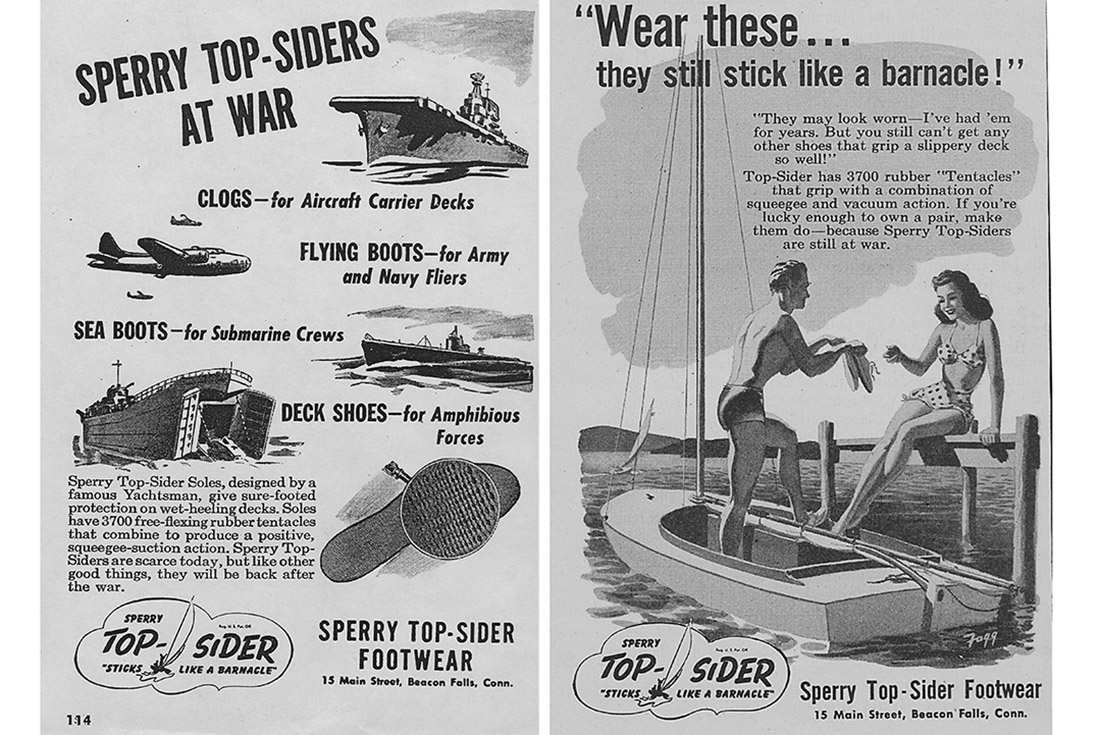From Paddi's Desk
by Paddi LeShane

This was a crazy week for me at Sullivan & LeShane. I just got settled after several business meetings that had me on and off planes and trains just while some action was starting to happen at the Legislative Office Building (LOB).
This is the time of the year where football season is getting interesting, and both UConn and the NFL's Thanksgiving games are right around the corner. Rather than trying to come up with an interesting article about my take on the week, I'm going to punt.
It was a busy week over at the Capitol with Senate Democrats and Senate Republicans finally making public their reactions Governor Lamont's newest transportation infrastructure solutions, aka tolls. Safe to say, it didn't pan out so well. There were also several task force meetings at the LOB this week, like the task force that will be releasing the Department of Energy and Environment Protection's (DEEP) draft of the Integrated Resource Plan's and their approach to thermal energy as well as the long awaited recycling/packaging ad hoc task force's initial meeting.
Anything else happening of interest? Not much, except that the Senate is definitely not interested in tolls being the answer to getting the state's transportation infrastructure revitalized. Environmental groups are sensing DEEP's analytical approach to environmental policy and the healthcare industry and providers are wary of the approach to study the high deductible concerns.
So there was movement towards looking at alternatives on all topics but no real direction yet in place.
I guess my timing for travel worked out well in that not much happened inside the halls of state government this past week. We'll see if the week before Thanksgiving break is any different or if everyone is punting as well in anticipation of the holiday season and bowl games as well as the upcoming "Turkey Bowl."
|
|
CT Agency Corner
Lots To Do, So Little Time
by Michael Johnson
This week it was announced that despite the efforts of Governor Lamont's transportation plan (coined CT2030), the legislature won't be voting on the proposal given strong opposition in the Senate. That said, the legislature still has a number of priorities to take up and here's an analysis on the main topics:
Hospital Tax:
-During the session, legislators and the Governor announced a compromise that would enable hospitals to be reimbursed at a higher rate by the state, not make the state budget insolvent and convinced the hospitals to drop a lawsuit against the state. Despite the agreement in principle, which involves how much is maximized in Medicaid reimbursements from the federal government, the official statutory language is still being negotiated and tweaked even after a deal was struck!
Restaurant worker classification:
-Legislation passed during the session that would have addressed the long standing law that says restaurants must segregate hours and pay rates, offering full wages for non-tip work and a reduced rate when gratuities are involved. This law, commonly known as the "80-20 rule", cites that someone spending at least 80 percent of his or her time on tasks that generate tips can be paid the reduced wage for all work. The Governor vetoed a pro-restaurant bill at the end of the session that would have tightened Department of Labor standards for this. Without the language change, workers are now in the process of suing restaurants citing the lack of clarity over tip-certified employment.
State Bond Package and Transportation:
-Our prior ITL's have kept you informed on the state's bond package, and now the state is fast approaching month five without a capital expenditure budget. Both state agencies and legislators hoping for local infrastructure investment dollars for their district are eagerly awaiting a capital budget deal. However, the legislature and Governor have yet to strike a compromise that would involve whether the state will put tolls on various bridges to help with the special transportation fund. The long impasse doesn't seem to be concluding any time soon, but the danger now lies with cities and towns that have not received any commitment from the state on when their road funds will be made available.
|
|
 |
|
Did You Know?
This Month in CT History
November 14, 1939
Paul Sperry Invents the Boat Shoe

Paul Sperry served in the U.S. Navy Reserve during World War I, and briefly went into business designing handcrafted duck decoys at ax's end. In the 1930s, after slipping on the refinished deck of his yacht and falling overboard into Long Island Sound, Sperry experimented with making a shoe that would better grip the smooth and often wet surface of boat decks.
Inspiration struck after Sperry observed his cocker spaniel Prince run over a patch of ice without losing his footing. Sperry studied the bottom of Prince's paw, and concluded the canine's natural grip resulted from a series of fine grooves covering his footpad. Sperry converted Prince's naturally-occurring paw patterns into a tight series of grooves, carved into natural white rubber, and placed the sole underneath a stylish canvas shoe and called his creation the Top-Sider.
On November 14, 1939, Sperry received a U.S. Patent for his novel shoe sole design; by that time, he had already set up shop in New Haven and his Top-Siders were well on their way to becoming an American fashion icon. Further popularized by trend-setters like the Kennedy family, Top-Siders were firmly established as an East Coast fashion icon by mid-century, and are still regarded as a hallmark of "preppy" fashion today.
|
|
|
Upcoming Events
House Republicans Fundraiser
Monday, November 18
4:30PM-6:30PM
Officer's Club
Hartford, CT
State Representative Steve Stafstrom Fundraiser
Wednesday, November 20
5PM-6:30PM
Hub and Spoke, 300 Fairfield Ave
Bridgeport, CT
Senate Republicans Fundraiser
Wednesday, December 11
5:30PM-7:30PM
Zandri's Stillwood Inn
Wallingford, CT
|
|
|
|
 |
|
Municipal
Roundup
by Ryan Bingham
Now that municipal elections are over, let's turn our attention to a few new studies that have recently been released in the local education world.
First, a study on the demographics of incoming students has been and will be a hot topic for local boards of education as they set long-range plans for students and space. Over the last decade,
classroom sizes have been shrinking because there are less children in the system overall.
During that same period, Connecticut's average scores have basically stayed the same on the 500-point test, declining by a handful of points.
This fact has led many statewide policy makers to look at the role that classroom size has on test scores and managing the 'achievement gap' between urban and suburban school systems. These discussions will continue to determine what the state and local boards of education should be doing to deal with a changing populations and socioeconomic demographics in our school systems.
Screen time is a huge topic of conversation among parents with young children, including some of our staff here at S&L. American students have never had more access to digital devices for reading in and out of school. Emerging research and troubling results on the test, the
Nation's Report Card, raise questions about what effect all this digital access could have on students' long-term reading skills. In addition to that, studies have found higher screen time linked to worse sleep habits and eyesight, poor attention spans and lower academic progress. However, generally, these studies have looked at screen exposure more broadly, rather than reading habits in particular.
Many local boards of education have applauded their own efforts to engage students in online learning platforms, providing laptops and tablets to students but are now faced with questions on whether or not this was the right move to make to improve reading skills. Links to these articles can be found
here.
|
|
 |
|
Legislative Scoop
by Chelsea Neelon
Governor Lamont recently unveiled his new transportation plan, "
CT2030." The plan would include 14 electronic tolls on highways, providing over $300 million in estimated annual revenue which would create a stable revenue stream necessary to securing low-interest federal loans for the $21 billion dollar plan over 10 years.
While legislators applauded the Governor's thoughtful and holistic approach to his new proposal, many kept their thoughts on CT2030 close to the vest, as we did not hear much from Democratic leadership regarding the proposal in the few days after it was released. That was, until yesterday.
After an intense caucus Wednesday, Senate Democrats rebuked Governor Lamont's pitch of tolls as a revenue stream for his sweeping transportation plan. As reported by the
CTMirror, Senate President Pro Temp Martin Looney stated "I think we need to find something that is broadly palatable in the General Assembly and also to the public." That being said, Senate Democrats did say they are ready to offer support for transit, highway and bridge investments outlined in CT2030 and would like to act on them prior to the start of the February legislative session. Seems to be a lot of agreeing on where to go, just not how to fund it.
Senate Republicans think they may have found the right answer to this funding problem. Yesterday the caucus, led by Senate Minority Leader Len Fasano, outlined their version of a transportation plan with "
FASTR CT." Their plan includes using the state's budget reserves as a way to finance CT's transportation system without tolls or raising taxes. While there are significant risks inherent with a plan that raids reserves, Fasano believes there are enough forms of revenue and protections in place (Volatility Cap, Spending Cap, etc.) to keep the funds not only solvent, but prosperous.
Look like a lot of discussions will be taking place in the upcoming weeks, and we'll be sure to keep you posted.
|
|
 |
 |
 |
|
 |
|